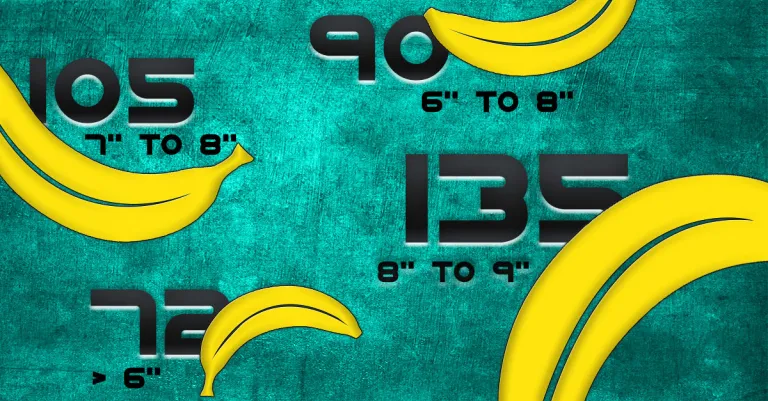Food cravings happen to the best of us. You’re sitting around, minding your own business, only to be hit with a hankering for something sweet or salty.
Or maybe you’re driving to work and thoughts of juicy burgers cross your mind. It’s the definition of distracting!
Why do they happen, anyway?
Sometimes, it’s based on emotion. Sugar actually increases beta-endorphins, the same brain chemical that’s released during exercise.
It literally creates a pleasurable high that brings on cravings. Stress and exhaustion also increase appetite hormones, explaining why the two are associated with poor food choices.
And then there are times when you simply don’t feel satisfied after eating. In this case, blame the actual food. Some nutrients increase fullness, while others have the opposite effect.
Instead of letting food cravings plague your mind, follow these tips.
Your health and waistline depend on it.1 2 3 4
1. Avoid Artificial Sweeteners
Artificial sweeteners seem like a smart way to cure a craving. They’re much sweeter than sugar, so you won’t have to use much. Aspartame (like Equal) is 180 times stronger, while sucralose (like Splenda) is 600 times sweeter.5 You’d think it be enough to hush a sweet tooth.
Unfortunately, they don’t activate the same taste pathways as real sugar, so your craving is never taken care of. It just grows and grows, making you want even more sweets. Reach for naturally sweet foods instead. For example, add dates to a smoothie or honey to waffles.6
2. Eat Fiber
Because fiber isn’t digested by the body, it increases fullness and satiety, making way for improved appetite control and less intense cravings. It’s a major reason why whole grains are good for you.
The daily recommendation is 20 to 30 grams, even though most Americans only get 15 grams on the daily. Only 5% of the country eats enough fiber.
To up your intake, add fruits, veggies, whole grains, legumes, and nuts to your meals. Drink lots of water and slowly increase fiber intake to prevent constipation.7
3. Eat Lean Protein
Protein is another nutrient that increases fullness. The American Journal of Clinical Nutrition shares that it raises leptin, the “satiety hormone” that controls appetite. Essentially, it tells the central nervous system, “Hey, you’re not hungry anymore.” The type of protein obviously matters. Red meat is a top source, but the calories and saturated fat negate any benefits. Better choices include skinless chicken, lean turkey, and seafood, along with beans and nuts.8 9
4. Drink Water
Yes, it might be that simple. Dehydration lowers your liver’s glucose stores, and therefore, your blood glucose. This can easily show up as hunger! It also explains why dieters drink water before a meal to curb their appetite. So grab a glass of H2O first.
If you’re actually hungry, the feeling won’t go away after sipping water.10
5. Don’t Skip Meals
Ignoring true hunger is the worst thing you can do. Skipping a meal only lets it build up, resulting in a ravenous stomach. You’ll have a craving for anything and everything, and what’s worse is that smart food choices will go out the window.
It’s especially dangerous if you skip breakfast, the meal that replenishes glucose stores after a night of rest. In fact, according to a 2016 study in the journal Nutrients, skipping breakfast is connected to weight gain and poor glucose control. It really is the most important meal of the day.
To avoid ditching meals, make time for meal prep. It’ll be a lifesaver during the morning rush and busy weeks. Carry a healthy snack at all times, such as homemade granola bars or bananas.11
6. Manage Stress
Don’t forget that stress has a strong link with emotional eating and food cravings. It specifically increases levels of ghrelin, the “hunger hormone.” Plus, according to a 2011 study in the Journal of Obesity, stress disrupts your ability to tell hunger and emotion apart.12 13
Make stress relief a priority. Self-care is a must, and it doesn’t need to take all day! For instance, a few minutes of meditation to promote mindfulness, a state of mind that reduces food cravings.14
7. Get Enough Rest
As mentioned earlier, exhaustion also increases ghrelin. It’s basically fuel for fat and sweet cravings. What more if you’re stressed and tired?15 Adequate sleep should also be a priority. Aim for 7 to 8 hours each night.16 17





